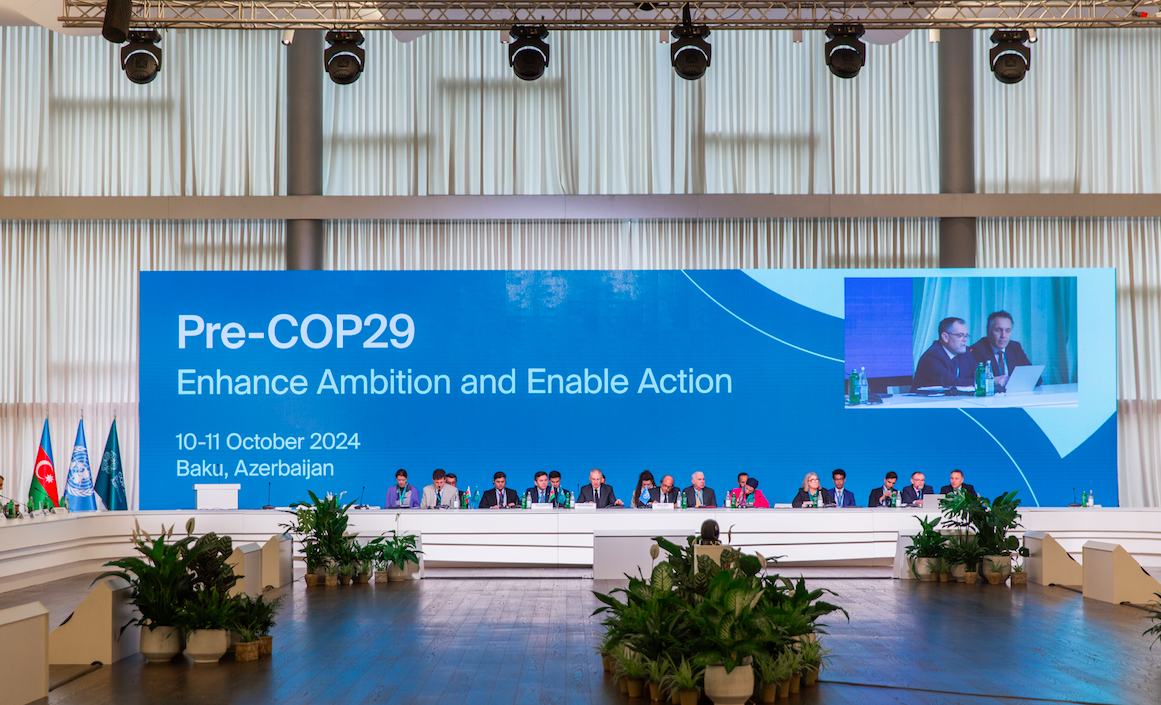
While a new political shift focuses on the U.S., in Europe, the spotlight is on the instability triggered in Germany following the coalition government’s breakup due to disagreements on addressing economic weakening, with possible early elections looming.
According to analysts from Banca March, divisions have surfaced among the three parties making up the government: the Social Democratic Party (SPD), the Greens, and the Liberal Party (FDP). “The first two political forces advocate for suspending strict fiscal rules that limit debt increases to raise public spending and support a struggling industry. In this context, Chancellor Scholz (SPD) dismissed the Finance Minister (FDP) for opposing a relaxation of fiscal policy, along with other liberal ministers—Justice, Education, and Transport,” they explain.
For these experts, the chancellor does not have the authority to call early elections, but there is a mechanism known as a “vote of confidence.” “This would allow parliament to vote on January 15 to determine whether to maintain support for the chancellor. If approved, the government would continue with the SPD-Green alliance. However, Scholz is unlikely to reach a majority in the vote, which would require him to ask the German president to dissolve parliament. From then, early elections would have to be held within 60 days, by mid-March,” they add.
Beyond the Political Issue
Clearing away political noise, Stefan Hofrichter, Head of Global Economics and Strategy at Allianz GI, believes Germany needs a structural reorientation. “For years, the country and its companies relied on low energy costs, China as an export market, and the U.S. as a security guarantor. However, the current situation has changed: Russia is no longer a reliable energy source, China faces economic difficulties and has become a competitor in several industrial sectors, especially automotive, and defense spending requires a significant increase. All of this affects growth prospects,” Hofrichter explains.
The Allianz GI economist goes further, indicating that the country needs a clear economic transformation. “A little over 20 years ago, the country achieved successful restructuring with the ‘Agenda 2010.’ Then known as the ‘sick man of Europe,’ Germany became a leading global exporter. Today, we also have a significant advantage: public debt is low, allowing room to finance private sector stimuli,” he adds.
On the fiscal front, experts see it as likely that Germany will face new U.S. demands for higher military spending in the coming years, potentially exceeding the NATO target of 2% of GDP, supported by the special €100 billion fund created in 2022.
“However, additional defense spending will be challenging to accommodate despite Germany’s fiscal space, with forecast average fiscal deficits of 1.2% of GDP over the next few years and a debt ratio expected to fall below 60% by 2029. This reflects Germany’s lack of budget flexibility due to debt brake provisions. The need for increased public investment, for defense, but also for the green transition, could lead to new debates on debt brake reforms, the potential use of off-budget funds, or shifting at least part of the spending to the European level,” notes Eiko Sievert, Public Sector and Sovereign Analyst at Scope Ratings.
Impact of Trump 2.0
In his view, “the country needs a stable, reform-oriented government to respond to potential political shifts from the newly elected U.S. President Donald Trump, which will impact Germany’s trade, fiscal, and defense policies. In this sense, Sievert explains that the United States, Germany’s second-largest trading partner after China (A/Stable) and the largest individual destination for its exports, is expected to impose higher import tariffs, posing a significant setback for Germany’s export-dependent economy.
“Almost 10% of German exports were destined for the U.S. in 2023, the highest share in more than 20 years. Meanwhile, the share of exports to China fell from a historic high of 8% in 2020 to 6% in 2023, partly reflecting increased competition in the Chinese manufacturing sector, particularly in automotive,” comments Sievert.
The expert warns that Germany also remains heavily dependent on imports from China, accounting for 11.5% of total imports in 2023. “The rise of global protectionism and the growing risk of a trade war between the U.S. and China will test the resilience of German supply chains in the coming years,” says the Scope Ratings expert.
Impact on Assets
At DWS, they expect a limited market reaction, although it could provide a tailwind for equities and a slight headwind for fixed income. According to the Allianz expert, the state of German equities reflects some of the structural challenges facing the country’s economy, such as high fiscal pressure (compared to international standards), bureaucracy (which affects many G7 countries, not just the U.S.), high energy costs (especially compared to the U.S. and China, although German prices have returned to pre-Ukraine war levels and align with the European average), a shortage of skilled labor (also linked to bureaucratic barriers), and insufficient investment, both public and private.
In this sense, they consider that German equities, like European equities, do not present a high valuation level. “Over a ten-year horizon, we expect returns aligned with the long-term average, despite moderate earnings growth. Meanwhile, German public debt remains the central pillar of euro-denominated public debt,” comments Hofrichter.
Regarding the yields on the German Bund, DWS points out that they have been trending downward since early summer, influenced by declining inflation figures and weak economic data. However, since early October, they have not escaped the rise in U.S. Treasury yields.
“It is likely that the main drivers of German bond yields will continue to be economic prospects, inflation developments, and, in the short term, the pace of interest rate cuts by the European Central Bank (ECB). We believe it is unlikely that the prospect of a government change will push yields up, as additional spending could be expected. Over the next 12 months, we continue to anticipate a decline in German public debt yields and a slight steepening of the yield curve,” conclude DWS representatives.










